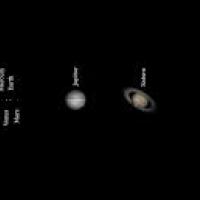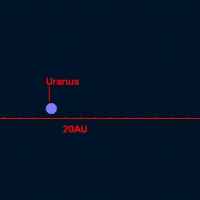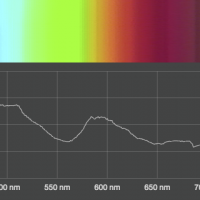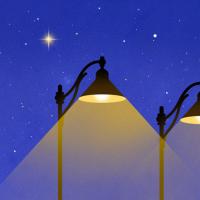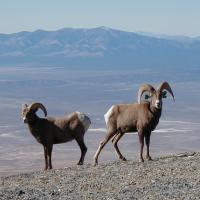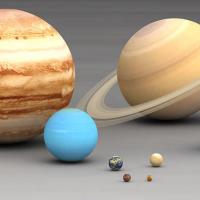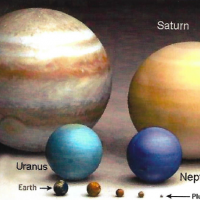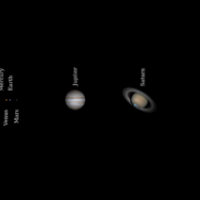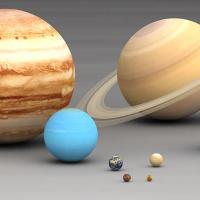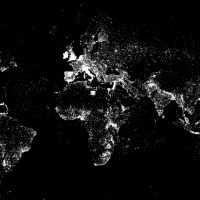The distances between our planets are so vast they are almost incomprehensible. Visualize the expansiveness of our “cosmic neighborhood” with a roll of toilet paper to create a scale model.
Lesson Plans
Want to schedule a virtual visit for your classroom with a Great Basin National Park ranger, Great Basin Observatory scientist, or a Reach for the Stars Educator? Please complete at least three of our lessons with your students, and then reach out to request a visit.
Like what you see and live nearby? Sign up for a training or classroom visit.
The distances between our planets are so vast they are almost incomprehensible. Visualize the expansiveness of our “cosmic neighborhood” with a roll of toilet paper!
How can we possibly know what stars are made of? In this activity (Part 2 after Build a Spectrograph) students move through stations to chart spectra of different light sources,...
Light pollution can be a difficult concept to explain. In this mini lesson, students better understand the basics of light pollution through a demonstration and discussion before moving on to...
Why do animals look the way they do? The answer is survival. Through this activity students learn about the predator/ prey relationship, and how and why external features of animals are key...
How small is Earth compared to Jupiter or Saturn? How much bigger are the gas giants to the terrestrial planets? Have students use Play-Doh to find out in this perfectly scaled and perfectly fun...
How small is Earth compared to Jupiter or Saturn? How much bigger are the gas giants to the terrestrial planets? Have students use Play-Doh to find out in this perfectly scaled and perfectly fun...
The distances between our planets are so vast they are almost incomprehensible. Visualize the expansiveness of our “cosmic neighborhood” with a roll of toilet paper!
How small is Earth compared to Jupiter or Saturn? How much bigger are the gas giants to the...
Learn about artificial light at night and then use your science, design and engineering skills to engineer a world without light pollution!
This lesson can be done by many age groups. It...
